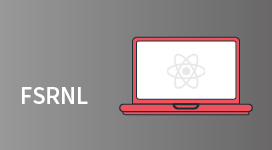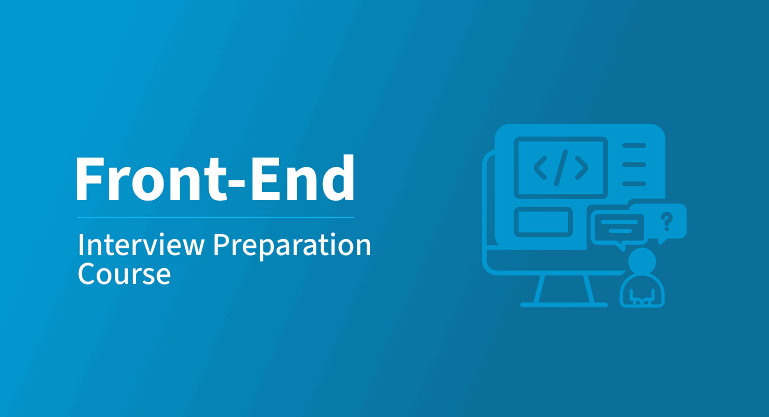| CARVIEW |
Event Handling in React
Test your understanding of event handling in React with this quiz, exploring topics like handling events, binding functions, and React's synthetic events!
Question 1
What must you call to stop default browser behavior in React event handling?
event.stop()
event.cancel()event.halt()event.preventDefault()
Question 2
In React, how do you pass an argument to an event handler?
Using an anonymous function
By using an arrow function in JSX
Using the bind() method inside the render function
By passing arguments directly to the event handler
Question 3
What is the purpose of synthetic events in React?
To enhance event handling speed
To add custom events to the DOM
To normalize browser-specific event behavior
To improve the performance of JavaScript code
Question 4
How do you bind an event handler to a specific context in React?
By using this.handleEvent()
By using bind() inside the constructor
By defining the handler as an arrow function
By passing the event handler as a prop
Question 5
In the code snippet below, how can you pass an argument to the handleClick function?
function MyButton() {
const handleClick = (name) => {
alert(name);
};
return <button onClick={handleClick}>Click Me</button>;
}
onClick={handleClick('John')}
onClick={() => handleClick('John')}
onClick={handleClick, 'John'}
onClick={handleClick}
Question 6
What will be the output of the following code?
class App extends React.Component {
handleClick = (event, message) => {
console.log(message);
};
render() {
return (
<button onClick={(e) => this.handleClick(e, "Hello World")}>
Click Me
</button>
);
}
}
undefined
Hello World
e
null
Question 7
What is the correct way to bind this to the handleClick method inside the constructor?
class App extends React.Component {
constructor() {
super();
// Complete the binding statement here
}
handleClick() {
console.log("Button clicked!");
}
render() {
return <button onClick={this.handleClick}>Click Me</button>;
}
}
this.handleClick = handleClick.bind(this)
this.handleClick = this.handleClick()
this.handleClick = this.handleClick.bind(this)
this.handleClick = handleClick
Question 8
Which of the following code will correctly handle an event inside a function component?
function App() {
const handleClick = () => {
console.log("Button clicked!");
};
return <button onClick={handleClick}>Click Me</button>;
}
The code is correct as it is
this.handleClick = handleClick.bind(this) should be added inside the function
handleClick() should be used in the return statement
handleClick should be passed as this.handleClick
Question 9
How do you stop event propagation in React?
event.stopPropagation()event.preventDefault()event.cancelBubble()
event.stop()
Question 10
Which of the following is not a valid event in React?
onClick
onChangeonHover
onSubmit
There are 10 questions to complete.





